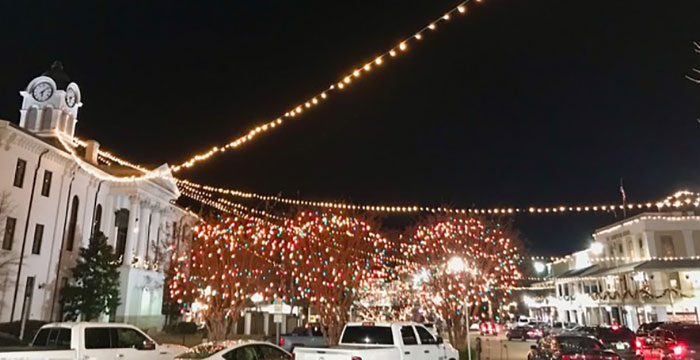“When I’m dead, I’m dead.… and I just sail off into nothingness, and that brings me a lot of comfort. That doesn’t bring everyone comfort but it brings me comfort.” —Caitlin Doughty, author of Smoke Get in Your Eyes, from an interview on the documentary “Into The Night: Portraits of Life and Death.”
Some people are okay with death being the end.
Their dead father sent a snowstorm
I haven’t run into too many people like that because I have spent so much of my life around folks who believe just the opposite. Many, if not most people, both religious and nonreligious, have some sense that their lives will continue in some form after death. I even had one family insist their dead father sent a snowstorm.

Photo by Ethan Hu on Unsplash
This family had asked me to conduct the funeral service for this man who was one of our hospice patients. I had never met the man nor his family before, since they all claimed they were not religious and did not want a visit from the chaplain. So, he dies and they have no relationship with any church but needed someone to lead the service. Happens a lot in hospice. I was glad to help out.
Through a phone conversation with family members I planned the service which was to take place at the funeral home. They described the recently departed man as very shy and private. He was also a giving and generous man who loved his family dearly.
The night before the scheduled service we had a major snowstorm. I felt I could make it to the funeral home, as did the family, so the service was held as planned. No burial was needed since the man had been cremated.
Only one person showed up for the service besides the few family members.
This lack of turnout did not bother the family in the least. They said, “It’s just like Dad. He was so private that he sent a snowstorm to keep people away.”
“Okay,” I thought.
What do I know? Maybe the recently departed do have the power to send snowstorms. My point is that the belief in living beyond the grave is pervasive whether or not it has a religious aspect to it.
Yet, in my years at the bedsides of the dying and their families, I have gathered enough evidence that some people can be okay with the idea that the last breath is the end. I have seen scores of people face their deaths peacefully even while they have no belief that they are “going to a better place” or are going to be reunited with departed family members.
Many people agree with Caitlin Doughty that death is the end. But, I did find her use of the word “comfort” something I have not heard a lot from those who accept that there is nothingness after death.
I do hear “comfort” from those expecting to see deceased relatives or to be in the presence of God. I can’t tell you the number of times I sat with a family around the bed of a dying relative and someone says, “I don’t know how people do this without faith in God?” Caitlin seems to have an answer to that question.
How is the thought of nothingness “comforting”?
Another way of asking that question is, “How is the thought of nothingness ‘comforting’?”

Photo by Ankit Sood on Unsplash
We know humans, at some point, became conscious beings in our prehistoric past. A major hint of this emerging consciousness is the fact that we buried our dead with tools and other items to help the departed in the next life. This becomes a sign of consciousness because we know our ancient ancestors had the brain capacity to understand that they were going to die and they had figured out a way to deal with it.
Religions grew and flourished as they offered an answer to the mystery of death. What happens to us when we die? The religious answers of life after death do offer many people great comfort.
Let me suggest a two ways that, perhaps, the thought of nothingness is comforting:
- For Caitlin Doughty to say that knowing there is nothing after death, “brings me a lot of comfort,” first shows that she, too, has found an answer to this mystery of death and its meaning. There is comfort in settling the question in one’s own mind and heart. Mystery solved. Of course, it is different than a more traditional religious answer but having the question settled is comforting nonetheless.
- The second way nothingness after death is comforting grows out of that first reason. If there is nothing after death, that means this life is all there is. And if this is all there is then that makes this life all the more meaningful. This is it. This is not preparation for another life. Therefore, we must live this life abundantly. Enjoy it to the fullest and help our fellow humans by relieving their suffering and contributing to their joy. After all, this is all there is, they say. The incredible wonder and joy of living this one life brings the comfort.
As Doughty points out, “That doesn’t bring everyone comfort but it brings me comfort.” I have to take her at her word.
________________________
Chaplain Hank Dunn is the author of Hard Choices for Loving People: CPR, Feeding Tubes, Palliative Care, Comfort Measures and the Patient with a Serious Illness and Light in the Shadows. Together, they have sold over 4 million copies. You can purchase his books at hankdunn.com or on Amazon.
Photo by Greg Rakozy on Unsplash





